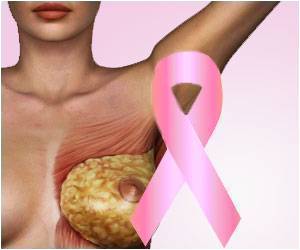Fasting brings benefits such as increased insulin sensitivity, improved cholesterol profiles, better cognitive function and, of course, weight loss.

Women who fasted for longer periods of time overnight had significantly better control over blood glucose concentrations.
The data showed that each three hour increase in night time fasting was associated with a four percent lower postprandial glucose level, regardless of how much women ate.
"The dietary advice for cancer prevention usually focuses on limiting consumption of red meat, alcohol and refined grains while increasing plant-based foods," said co-author Ruth Patterson, also from UC San Diego. "New evidence suggests that when and how often people eat can also play a role in cancer risk," Patterson said.
Women in the study reported eating five times per day with a mean night time fasting of 12 hours.
Those who reported longer fast duration also indicated they consumed fewer calories per day, ate fewer calories after 10 p.m. and had fewer eating episodes. One maximal aspect of night-time fasting could mean that you didn’t let anything cross your lips from 5:00 p.m. to 9:00 a.m., but ate anything you wanted for eight hours a day.
The study appeared in the journal Cancer Epidemiology, Biomarkers & Prevention.
 MEDINDIA
MEDINDIA




 Email
Email










